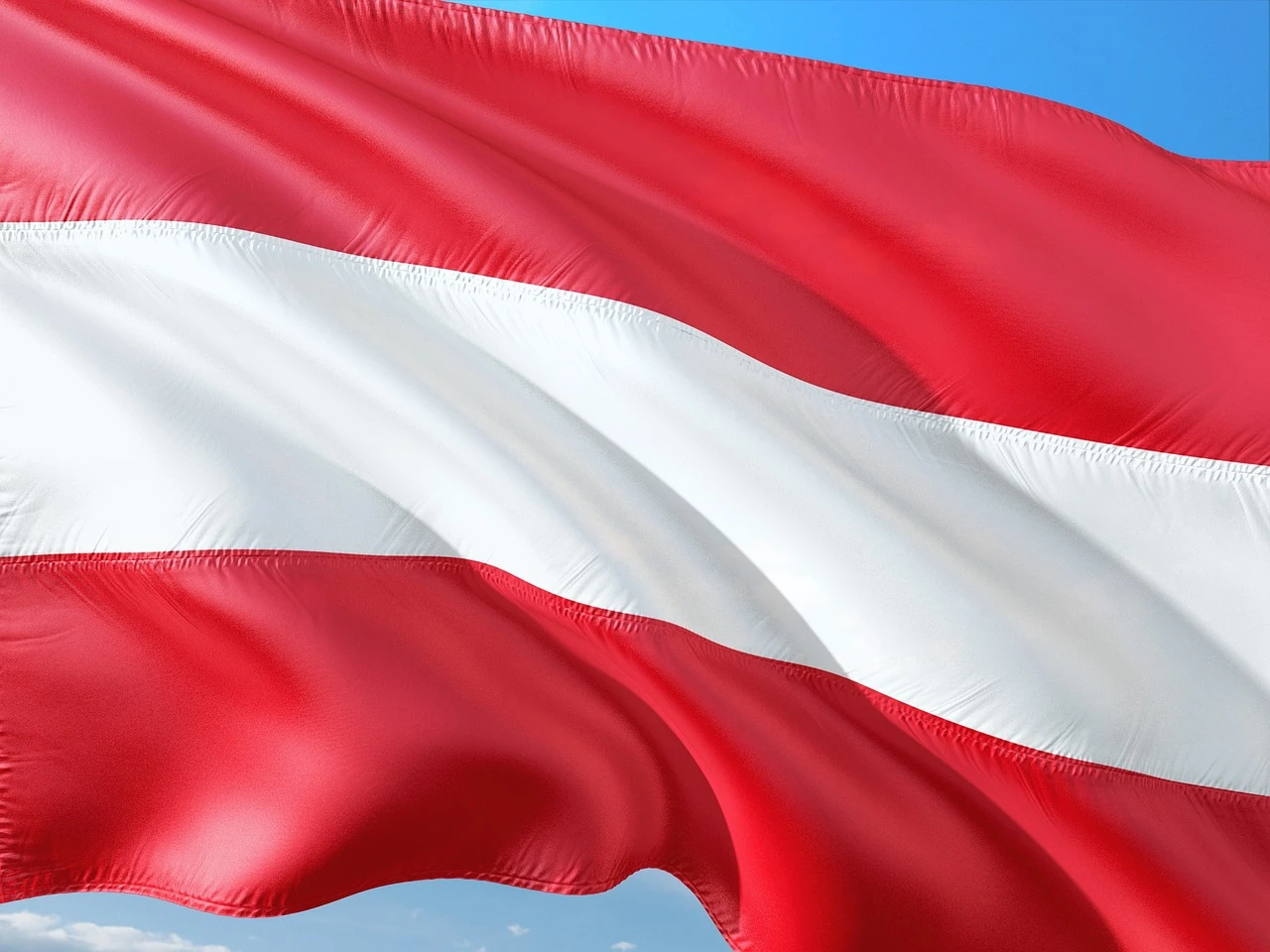Austrian police issue €2.8m in illegal gambling fines in H1

This was double the €1.4m in penalties issued in H1 2022.
Looking at all criminal investigations throughout the six months, police issued €11.2m in penalties overall. This means that gambling fines made up a quarter of the total penalties during the period.
“The controls of the financial police in the fight against social fraud, organised informal economy, tax evasion and illegal gambling are targeted and ensure fair competitive conditions,” said Magnus Brunner, Austria’s finance minister.
Police confiscate 265 illegal gambling machines
“This is how we protect honest companies, secure tax revenue and strengthen our business location.”
Austrian financial police noted that 265 gaming devices had been confiscated during the period, up by 10.4% from H1 2022.
One of these retrieval operations took place in Salzburg, where police confiscated 76 illegal gambling machines during a series of crackdowns.
During the first quarter of the year, the financial police imposed €492,000 in fines.
Austria’s stalled plans see re-regulation
Austria continues to enforce its gambling laws despite announcing plans to re-regulate as far back as 2021. Then-finance minister Gernot Blümel unveiled plans for a new regulatory authority and stringent controls such as stake and deposit limits, as well as additional enforcement powers in February 2021.
This re-regulation was brought forward amid scrutiny of Casinos Austria’s monopoly, which came to a head in 2019 when the operator was at the centre of a political scandal.
Casinos Austria’s monopoly spans casino, poker, lottery and bingo operations. This monopoly is in place until 2027. But the Court of Justice of the European Union believes this monopoly conflicts with EU law.
However, plans appear to have stalled in the following years.
